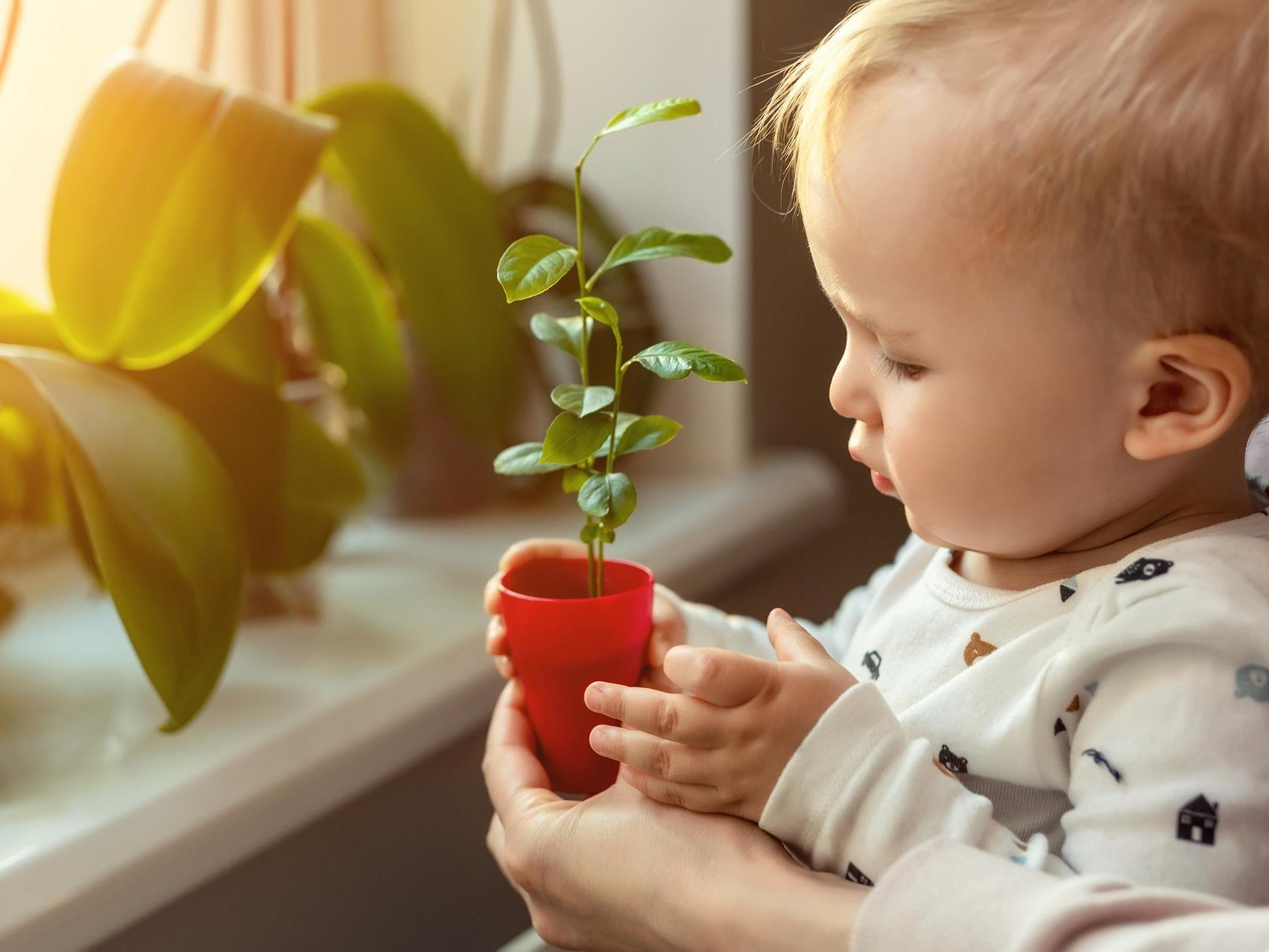
Coronavirus chaos has exacerbated issues around children being separated from their imprisoned mothers because the government failing to properly deliver on a promise to release female inmates, MPs have warned.
A report by the Joint Committee on Human Rights found the right to family life of up to an estimated 17,000 children whose mothers are in prison is placed at risk by the ban on prison visits during the pandemic, and that ministers’ early release programme was failing to reunite large numbers of imprisoned mothers with their children.
Frontline service providers have frequently warned women in prison are often victims of much more serious offences than those of which they have been convicted. A recent report from the Prison Reform Trust found 80 per cent of women in jail were inside for non-violent offences.
Download the new Independent Premium app
Sharing the full story, not just the headlines
Although female prisoners are legally allowed to keep their baby for the first 18 months in a secure mother and baby unit, the vast majority of children are separated from their mothers.
Harriet Harman, chair of the committee, told The Independent a “blanket ban on visits” breached children’s rights.
The Labour MP for Camberwell and Peckham added: “The government have committed to release mothers in mother and baby units and pregnant women but are only doing it painfully slowly. There is no explanation why this policy is not being put into action right away. And the early release for women within two months of the end of their sentence is painfully slow too.
“Every day of delay causes unnecessary anguish for children who haven’t seen their mothers for over three months now. They really must get a move on. What’s the hold-up? It makes total sense to extend the release scheme to all mothers with young children – even if not within two months of sentence end.
“When sentencing the judge would have assumed visits were possible. That changed with lockdown and the visits ban, so temporary release is the humane thing for the government to do for the sake of their children. Most mothers in prison shouldn’t be there anyway. We should find other ways to deal with mothers who commit crimes rather than sentence their children to misery, causing lifelong damage.”
Ms Harman said that while coronavirus causes “lasting injury”, separating a child from their mother is also harmful, as she called for the government to release low-risk mothers and restore socially distanced jail visits.
The committee, which heard emotional testimonies from children separated from imprisoned mothers, said the government was “in the dark” about the numbers of women in jail who are separated from dependent children. This could easily be fixed, its report said, noting it was not possible to “protect the human rights of children who are invisible”.
No hype, just the advice and analysis you need
The report calls for the government to stop the ban on children visiting and look into the temporary release of all low-risk mothers with children – as well as releasing pregnant women and those who are imprisoned with their children.
A report released by the Joint Committee on Human Rights last year called for judges to properly strive to understand the possible effect a jail sentence can have on those children who are left behind when sentencing a mother with children.
All visits to jails have been banned since March due to the coronavirus crisis which leads to prisoners having no way to see their children, partners, relatives or friends. Fathers in prison are also coping with the emotional strain of not being able to see their children due to the public health emergency.
Ministry of Justice data shows last year 86,444 children made visits to prisons in England and Wales.
A Prison Service spokesperson said: “The decision to stop visits was not taken lightly – it was based on public health advice and mirrored the restrictions faced by the whole country, and we know the difficult impact this has on mothers in prison. “But there is no question that the measures helped save lives and, as a result, some prisons are now able to begin easing restrictions.
“To help women remain in contact with their families, we have given them extra time on the phone and installed new video call technology at all women’s prisons.”



